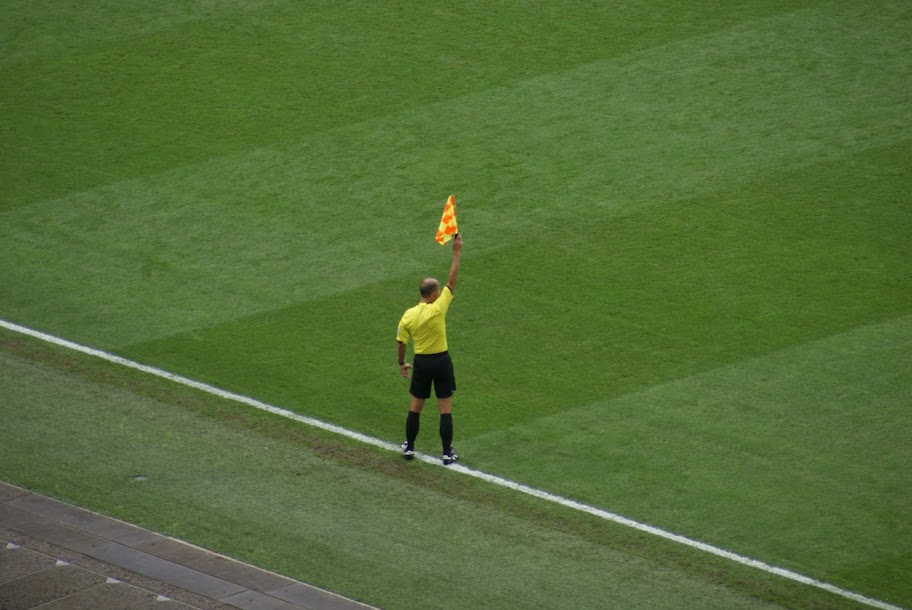When you watch sport today you would automatically assume that the athlete, the rugby player, the cage fighter all have abundance of confidence and are relatively unaffected by the imminent contest. The reality is that we all experience varying degrees of emotions both physically and mentally in the build up to any competition. The positive is that we can learn to cope and deal with any situation that is thrown are way, you just need to learn how! Controlling our state is one of the single most important components to dealing with stressful situations and enhance the ability to perform on the day.
When competition day arrives you will be the only one that can truly make the difference to your own performance. Often affected by internal dialogue or the physiological responses (sweaty palms) you have to quickly recognise and challenge your state. The environmental pressure is something you can’t control but it is something you can learn to be resilient to. For example, at the weekend struggling premiership side Crystal Palace won a penalty in the 94th minute and would have won the game to take a well needed 3 points…Christian Benteke stood up and missed! Over confident, over reaction from the crowd, the pressure of what it means to the club to take 3 points can all lead to an overwhelming feeling to affect the state in the moment- What is often referred to as choking…This anxious response can seize conscious control over a task that should be executed automatically. Christian Benteke is a very skillful player and taking a penalty is for sure an automatic skill for this player. However, what happened to him in that moment will be something only he knows and the rest of us talk about……
Before we start I would like you to think of what it means to be “anxious” in a very particular way, think of a situation that like Christian Benteke where a significant event affect your performance. Dilligently and as a patient observer, you are going to take run through a check list of questions. By doing this you will develop a powerful sense of self awareness which you can then utilize to be your own mental skills coach. Paper. Pen. To start with, write the following check list down. Your target is to be able to internalize this process and use it for multiple situations…..
Inventory: Anxiety,- to be anxious
1. Identify Context: Think of a specific context in which you have experienced or are currently experiencing what you recognise as “Anxiety”.
2. Posture/Physiology l: Describe in sensory detail (Leave judgments and evaluations out) the posture or position you are in when you are doing “anxiety “ in your chosen context. Include a Note on Breathing Rate – this very important…is the breathing shallow, deep , erratic etc.
3. Sensation Listing : List the location of the anxiety sensation in your body. Be specific and leave evaluations out (EXAMPLE- NOT “its a bad feeling inside” BUT instead, -“ its a cold heavy feeling in my lower abdomen)
4. Visual Field Listing: What do you notice about your visual perception. Wide field/tunnel vision? Sharp Colours/dull colours? Etc. Notice what you notice about what you see.
5. Auditory field Listing: What do you notice about your auditory perception AND production. How clearly are you hearing, what noises are you making?(speech, scratching etc) Notice what you notice about what you hear.
6. Observe and Change: One by one adjust/play with/totally mess with every single item on your list until you register a change you are happy with. Whatever it is now – change it somehow until it improves your state. If Changing one particular item is not easy or has no effect, move on and find one that does. My advice is start from your breathing and posture then move on. Revise, practice, continually improve and adopt your new changed list. I suggest that you do useful things all the time and running this inventory system on your personal states is to be one of the most useful things you can do to increase your emotional intelligence. In subsequent posts I will give you this same process ( sometimes in different guises) over and over again as it is simple and effective. It will also get you away from concepts that suggest your own unique brand of Anxiety can be measured by a psychologist/coach/parent/friend and quantified for severity. Only you know how proper your anxiety is and whether it carries a message for you . Use the inventory, – get close to the feelings you own.
You can start to develop these sensory sensations and deepen the mental blue print to reinforce, overcome and delete unwanted poor habits. This site has a comprehensive free resource of visualization exercises to help facilitate performance. Become your own mental coach and build the resilience required in top flight sport….


